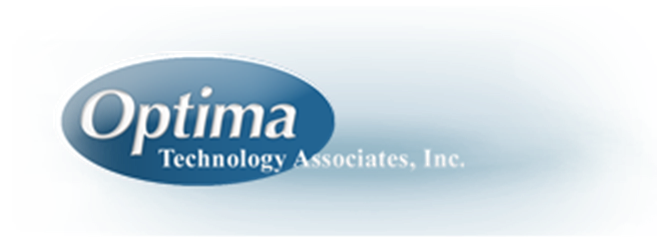What is Solar Instrumentation?
Solar instrumentation is the electronic hardware used for any technology application of solar powered electronics. Solar instrumentation assists in the utilization of concentrated solar power (CSP) or photovoltaics (PV) to convert sunlight into electricity. Concentrated solar power employs mirrors or lenses in conjunction with tracking systems to focus larges areas of sunlight into smaller beams.
What are the benefits of Solar Instrumentation?
Solar instrumentation is a very beneficial technology because it uses renewable energy; it is an energy resource that cannot be exhausted. Solar energy is said to be the most natural form of energy that can be generated.
Solar instrumentation has many benefits, one of which is the ability to live without “the grid,” since the energy can be independently generated by the homeowner. This removes the dependency upon public utility companies.
Another benefit of solar instrumentation is that it requires very little maintenance. Photovoltaic solar panels have very few moving parts to maintain and also do not generate any noise.
What are the applications of Solar Instrumentation?
Often, CSP based solar instrumentation involves using sun energy to make water boil, thereby generating power. Photovoltaics use the photoelectric effect to convert light rays into an electric current. Another solar instrumentation application is the Stirling engine dish, which generates power by way of a Stirling cycle engine.
Initially, photovoltaics were used in solar instrumentation applications to provide power to small and medium sized devices, such as calculators (powered only by a single solar cell). Now, entire buildings can be powered by solar instrumentation.



